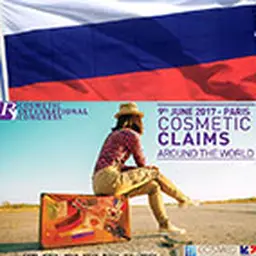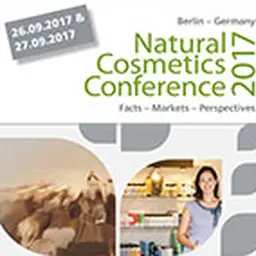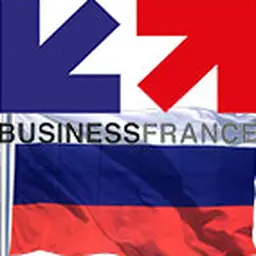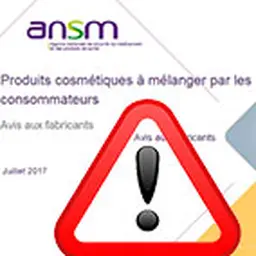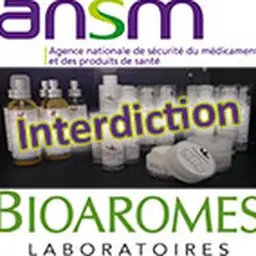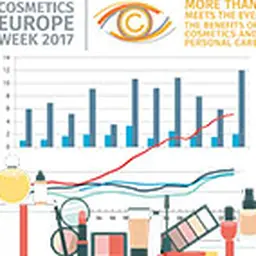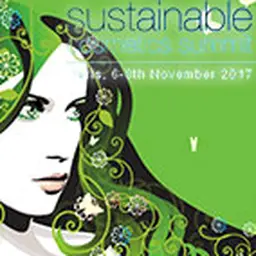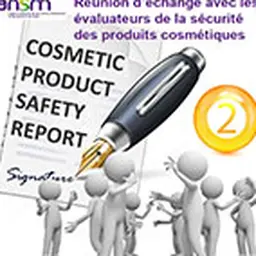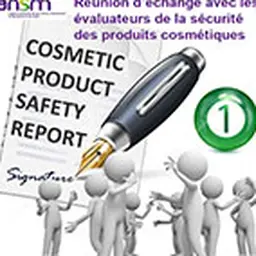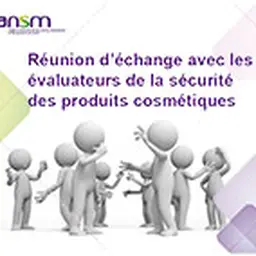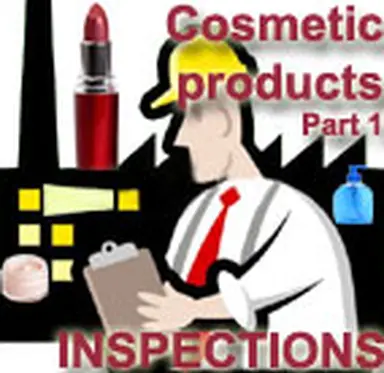
The French Public Health Code lists the various authorities entitled to inspect the cosmetic industry: pharmacists and MDs who are qualified as inspectors of Public Health; Afssaps (French Agency for the Sanitary Safety of Health Products) inspectors; agents of the General Directorate for Competition Policy, Consumer Affairs and Fraud Control (DGCCRF) ; customs officers, and tax officers. But they do not have the same legal powers, and it is crucial to know what they are allowed to do, before an inspection.
"
In reality, you will mainly see Afssaps and DGCCRF staff
”, said Anne Dux, VP Science and Regulatory Affairs, in charge of European Affairs at FEBEA.
The Afssaps goes by the Public Health Code, while the DGCCRF, the Directorate-General for Customs and Indirect Taxation (DGDDI), i.e. customs officers, and the Directorate-General for Taxation (DGI) go by the Consumer Code.
Nevertheless, the Afssaps and the DGCCRF work closely within the frame of their common protocol (for instance, to check the PIF.)
The Afssaps
Who?
Afssaps inspectors are designated by the Director of the Agency, and sworn in. They are supposed to form a specific corps. “
However, we recently saw toxicologists from the Evaluation Department join them on an inspection
” Anne Dux said. And it is useless to try and oppose that …
When and Where?
Inspectors have “access to any part of the premise, to any installation, to any transportation means, except for homes”, (Art. L. 1421-2), from 8 AM to 8PM, or any other hours linked to the activity or to the access of the public at large. Nevertheless, it is an on-site only inspection: the company does not have to send documents to the Afssaps.
If …

